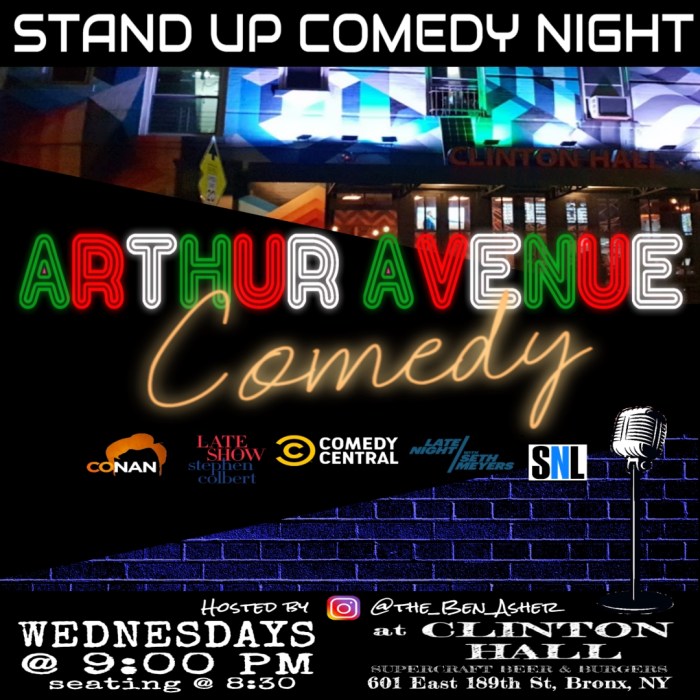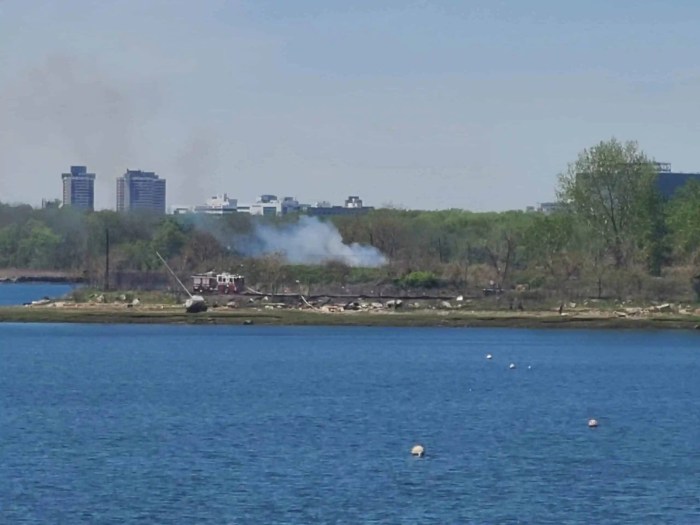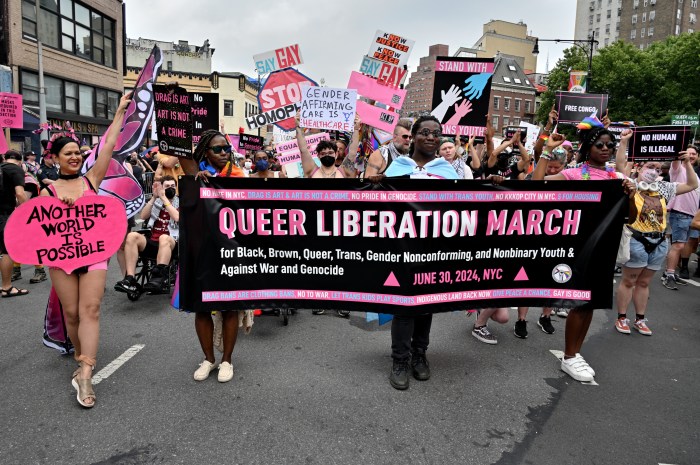To the Editor,
Congestion pricing and fare increases are politically sensitive in an election year. Final details of who will pay has yet to be determined by the MTA Traffic Mobility Review Board. Since November 2019, former Gov. Andrew Cuomo delayed announcing his appointments to the MTA Traffic Mobility Review Board. Former Mayor de Blasio filled his one seat in July 2021.
Since taking office, Gov. Hochul has never made one of her transit-related priorities filling her five seats. Hochul is also accountable for her delays which contributed to the lack of progress for implementation of congestion pricing. Elected officials will lobby for discounts or exemptions for police, firefighters, teachers, low income, NYC outer borough residency, seniors, physically disabled. small commercial delivery businesses, users of electric vehicles or other special niches. These discounts or exemptions will be adopted to placate the constituents of elected officials running for reelection in 2023 or 2024. More discounts translates to less revenues. You can’t capture five years of toll revenues estimated to be $1 billion per year (leveraged to raise $15 billion in support MTA’s $51 billion 2020-2024 five-year capital plan) when you implement the program four years after 2020 or the final year of a five-year capital program. Who knows if $1 billion in annual toll revenues will actually appear.
In 2019, fare increases for the MTA NYC transit bus, subway and Staten Island Railway, along with Long Island and Metro-North railroads were already assumed as part of the approval process for the $51 billion 2020-2024 Five Year Capital Plan. Cuomo, de Blasio and members of the state Legislature and City Council were all in on this financial arrangement. This included 4% increases in 2021 and 2023. Continuing to postpone fare increases adds to the MTA financial shortfall.
Hochul never provided details on how she will assist the MTA in making up for billions in previously anticipated congestion price tolling and fare increase revenues, which may be lost.
Larry Penner





















